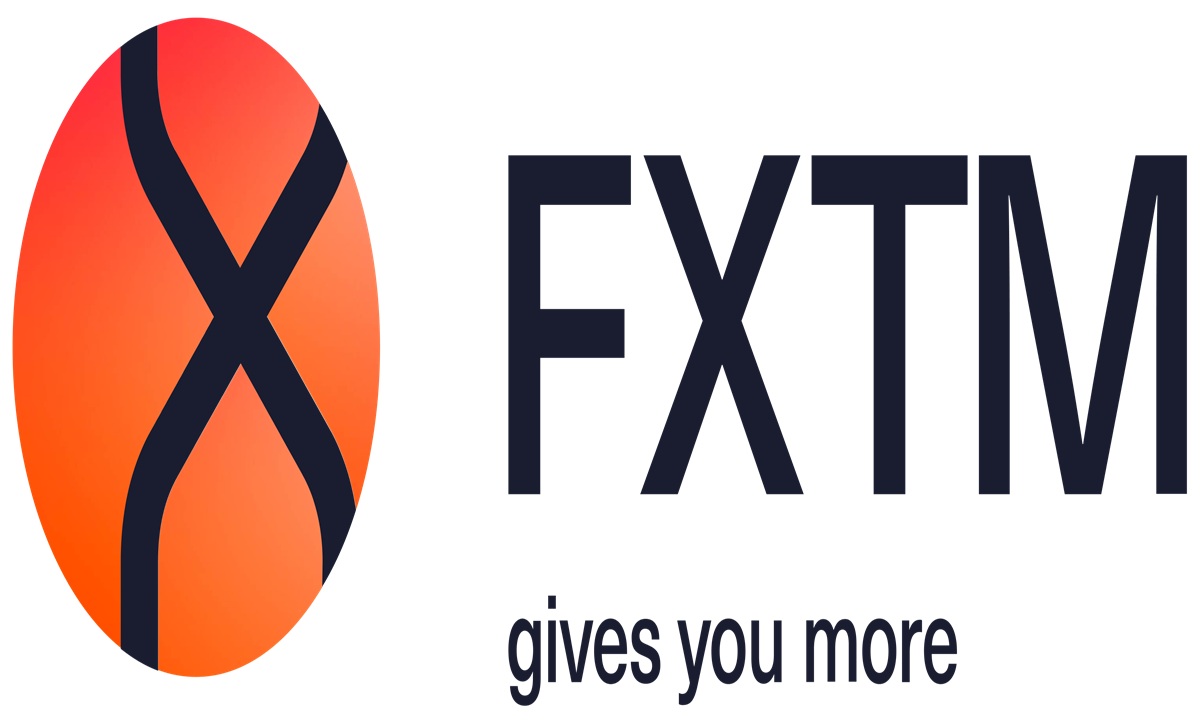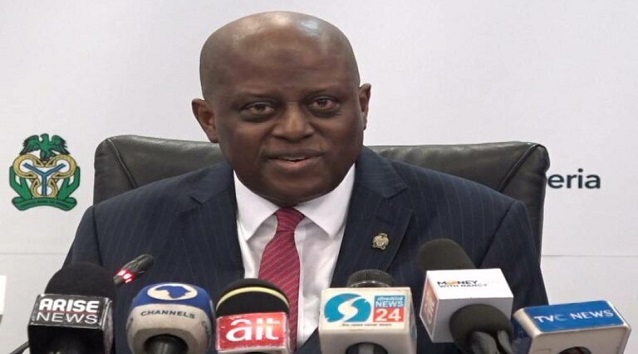E-Financial
CBN Data Shows over $16Bn in Domiciliary Accounts in Nigeria

Data from the Central Bank of Nigeria (CBN), has revealed that Nigeria has an estimation of $16 billion in domiciliary accounts of commercial and merchant banks, using the official exchange rate of N410/$ based on NAFEX rate used at the Investor and Exporter window.

According to the data contained in the apex bank’s statistical bulletin, Nigeria had a total domiciliary account balance of N6.566 trillion as of March 2021 which when converted to dollars at the official rate of N410/$1, translates to about $16 billion.
According to a Nairametrics reports, a further breakdown of the amount revealed corporates own about N4.478 trillion ($11 billion), while retail depositors own about N1.798 trillion ($4.38 billion). The balance is owned by states and local governments and other public institutions.
Nigeria’s foreign currency balances in commercial banks have become a topic of discussion in several quarters, with some calling for a conversion of the balances into naira to shore up Nigeria’s dollar reserves.
Meanwhile, depositors are worried stiff about any such move, even though the apex bank has come out to deny it categorically.
Much of the discussion has revolved around how robust our domiciliary account balances are and if it can address forex shortages.
Most recently, Ibrahim Obanikoro, House of Reps member, representing Eti-Osa Federal Constituency, Lagos State, called on the Central Bank of Nigeria to close all domiciliary accounts for the next 12 months to ease the slide of the naira. Obanikoro stated this in an online statement, adding that he has come up with a bill that will serve the common good.
“I am not the CBN Governor but at this moment, I’m of the opinion that CBN should mandate that all dom accounts be closed for the next 12 months. Let’s see the effect on the Naira. After all, you can’t go to any of the Western worlds and open a foreign currency account,” Obanikoro suggested.
This is not the first time Nigerians are experiencing palpable fears of a possible conversion of domiciliary accounts into naira, dating as far back as 2016 when we last had a currency crisis. Last year, a purportedly leaked memo suggested plans to curb usage of money in domiciliary accounts, however, this was categorically denied.
The rumors swelled again in late July, forcing the CBN to deny any such plans in a memo issued by its director of corporate communications. Again, in September of this year, a fake memo appeared with the insinuation that the central bank had approved the conversion of deposits in domiciliary accounts into naira. The Central Bank issued a press release categorically denying this.
”The attention of the Central Bank of Nigeria (CBN) has been drawn to a fake circulation, in social media circles, of a circular with a fake CBN logo curiously dated 13 September 2021, and purportedly issued by its Trade and Exchange Department to the effect that all Deposit Money Banks, International Money Transfer Operators (IMTOs) and members of the public are to convert domiciliary account holdings into naira. We wish to reiterate that the Bank has not contemplated, and will never contemplate, any such line of action. The speculation is a completely false narrative aimed at triggering panic in the foreign exchange market,” the CBN stated.
At just $16 billion, the above balances suggest Nigeria’s domiciliary account balances are not robust enough to meet Nigeria’s foreign exchange demand shortages, which is beign estimated at about $30 billion.
E-Financial
Kuda Bank Teams Up with Lovers & Frnds for Inclusive Valentine’s R&B Bash

Kuda Microfinance Bank partnered with Lovers & Frnds for a Valentine’s edition event on Sunday, February 15, at Space Hub Lekki, Lagos, redefining celebrations around love, friendship, and social connections beyond romance.

Kuda Bank
The R&B-themed gathering drew couples, friend groups, and solo attendees with music sets from DJs like TGarbs, games, gift exchanges, and colour-coded tags—red for relationships, yellow for mingling singles, orange for non-minglers—to spark easy interactions.
Kuda activated a branded photo booth, merchandise giveaways, prize activities, and complimentary drinks for Premium loyalty tier customers, while vendors used Kuda Business POS terminals for seamless cashless payments.
Senior Brand Manager Emmanuel Femi-Adejobi said: “We partner with experiences matching our customers’ lifestyles in music and entertainment, creating spaces they genuinely connect with—we’ll keep supporting how they live and celebrate.”
E-Financial
CBN Slashes Rate by 50bps

By Mathew Anthony, Market Analyst at FXTM
In another positive development for Nigeria, the CBN has proceeded with 50-basis points rate cut.

FXTM Logo
With favourable fundamental forces at play, it was always a question of how much rather than if rates will be cut in February.
Although some were expecting a hefty 100-basis point cut, this was still a positive move by the CBN, mirroring the dovish strategy of other major banks on the continent.
Interest rates were slashed thanks to cooling inflationary pressures, a stronger Naira and rising FX reserves.
This move is likely to boost confidence over the economic outlook ahead of the Q4 GDP report scheduled for release later this month.
E-Financial
CBN Cuts MPR by 50bps to 26.50% as Inflation Eases for 11th Month

Central Bank of Nigeria (CBN) has lowered its Monetary Policy Rate (MPR) by 50 basis points to 26.50 percent from 27 percent, a unanimous decision announced by Governor Olayemi Cardoso at the end of the 304th Monetary Policy Committee (MPC) meeting in Abuja on Tuesday.

CBN
Cardoso cited 11 straight months of decelerating headline inflation—reaching 15.10 percent in January 2026 per National Bureau of Statistics—as key, driven by prior tightening lags, naira stability, food supply gains, steady petroleum prices, export earnings, remittances, and balance of payments strength.
Liquidity ratio stays at 30 percent, CRR unchanged at 45 percent for commercial banks (16 percent merchant banks) and 75 percent non-TSA public deposits; standing facilities corridor now +50/-450 basis points around MPR.
The MPC retained other parameters, welcoming Executive Order 09 redirecting oil/gas revenues to the federation account for fiscal boost, last cutting rates in September 2025 after November’s hold.

 General News3 days ago
General News3 days agoZinox Technologies and TD Africa Forge Strategic Partnership to Revolutionize African Tech Ecosystem

 Telecom3 days ago
Telecom3 days agoUwaje Pays Tribute to Leo Stan Ekeh @70

 Telecom2 days ago
Telecom2 days agoCyber Immunity Emerges as Shield for Nigerians Amid Rising Scams

 E-Financial2 days ago
E-Financial2 days ago$214Bn Missing, Institutions Silent: Is Accountability Dead in Nigeria?

 E-Business2 days ago
E-Business2 days agoInterswitch Partners Abia to Digitise Public Hospitals

 General News2 days ago
General News2 days agoNITDA, Abia Partner on Enterprise Architecture Reform

 E-Business2 days ago
E-Business2 days agoWIEG 2026 Summit Shifts to April 22-23 for Maximum Impact

 News1 day ago
News1 day agoNITDA Urges Stronger State Partnerships as Key to Digital Economy Goals @ South-South Stakeholders Forum
























